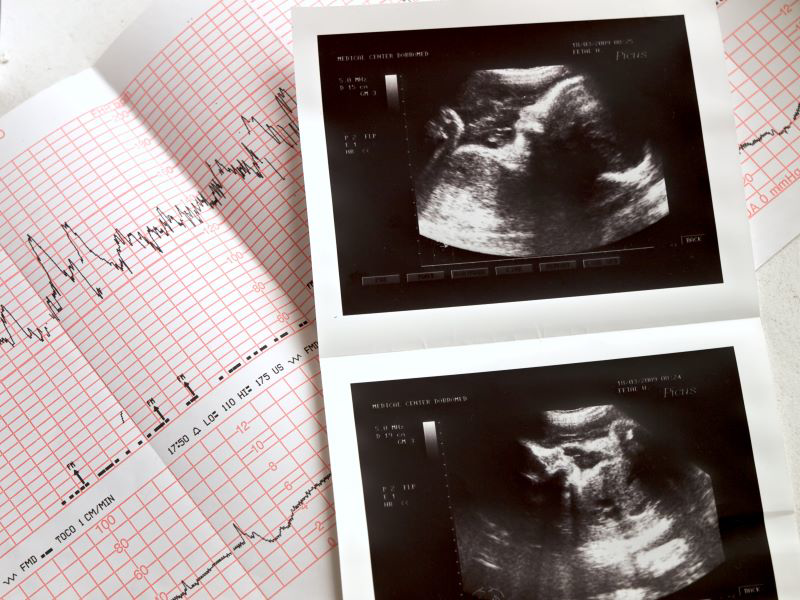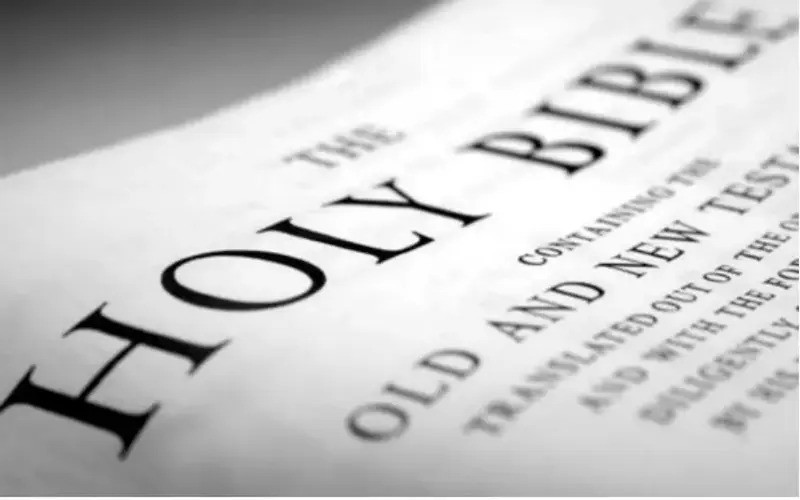It's the Morality, Stupid
Sign up for a six month free
trial of The Stand Magazine!
Everyone is scratching their heads trying to figure out what has gone wrong when disturbing stories break of more attacks by young men killing strangers at random. We are reeling as a nation in the wake of these mass shootings and wondering what has gone wrong.
Our cultural elites have led us down a path of unbelief, and now we are reaping the consequences.
I’m reminded of the story about Voltaire, the famous French skeptic, who helped grease the skids for the bloody French Revolution. When one of his skeptical guests was talking loudly at his home, Voltaire asked him to lower his voice. He didn’t want the servants to hear their godless philosophy, lest they steal the silverware.
It’s the morality, stupid. Of course, this phrase piggybacks on the unofficial campaign slogan of Bill Clinton in 1992: “It’s the economy, stupid!” This simple phrase kept them focused, eventually on to victory.
In today’s crisis, which is not something brand new, it’s been brewing for decades in America: It’s the morality, stupid. And what’s the cause of this morality? We have driven God out of the public arena.
Unbelief assumes there is no divine accountability. When there is no fear of God in the land, then people do whatever they feel like doing - even if it inflicts mayhem on others. As an atheist character in Dostoyevsky’s Brothers Karamazov put it: “…since there is no infinite God, there’s no such thing as virtue either and there’s no need for it at all.”
America is ultimately an experiment in self-government. After the Founding Fathers hammered out the Constitution in the convention in 1787 in Philadelphia, a Mrs. Powell of that city asked Benjamin Franklin what kind of government they gave us. His answer was classic: “A republic, Madam, if you can keep it.”
The Founders knew that the only way we could sustain this self-government was by the people being virtuous, acting in a moral way. And how would that morality be sustained? Answer: through voluntary religion.
The man who spoke more than any other at the Constitutional Convention was Gouverneur Morris of Pennsylvania. He is credited with writing some of the Constitution, including the preamble (“We the people”). He noted that religion is necessary for morality: “Religion is the only solid basis of good morals; therefore education should teach the precepts of religion, and the duties of man toward God.”
George Washington said in his Farewell Address that it is religion that sustains morality. If you undermine religion, you’ll undermine morality.
That is precisely what has happened to America. Beginning with a whole series of misguided Supreme Court decisions, religious influence - frankly Christian influence - in society was restricted more and more. By the 1960s, God was effectively kicked out of the public schools.
When he was 14 years old, William J. Murray was the plaintiff in one of the key anti-school prayer cases on behalf of his atheist mother, Madalyn Murray O’Hair. Today, Murray is a born- again Christian, ruing the terrible decision and its consequences.
He once told me, “I would like people to take a look at the Baltimore public schools today versus what they were when I went to those schools in 1963 and my mother took prayer out of the schools. We didn’t have armed guards in the hallways then when we had God in the classroom. But I’ll guarantee you there are armed guards [now]. In fact, the city school system of Baltimore now has its own armed police force.”
We lack a fear of God in our land. Young people have no idea that after they die, they will have to give an account to Jesus, whom the Founders called in the Declaration of Independence, “the Supreme Judge of the World.”
In the mid-19th century, one of the Speakers of the House of Representatives was Robert Charles Winthrop, a descendant of John (“a City on a Hill”) Winthrop, the Puritan founder of Boston.
Robert Winthrop gave an address in 1849 at the Massachusetts Bible Society, in which he noted, in effect, our choice is clear: Christianity or violence?
Here’s what Winthrop said:
All societies of men must be governed in some way or other. The less they have of stringent State Government, the more they must have of individual self-government. The less they rely on public law or physical force, the more they must rely on private moral restraint.
Men, in a word, must necessarily be controlled either by a power within them, or a power without them; either by the word of God, or by the strong arm of man; either by the Bible or by the bayonet.
Would that we choose the Bible today, as the settlers and the founders of our nation chose to do.

Sign up for a free six-month trial of
The Stand Magazine!
Sign up for free to receive notable blogs delivered to your email weekly.



















